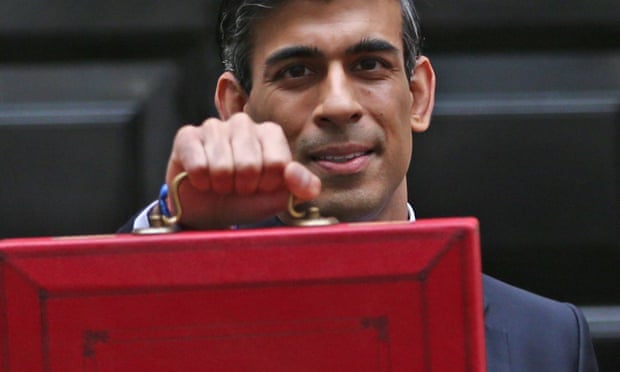Tax relief for Christmas Parties:
An employer may spend up to £150 per head (inclusive of VAT) per year, in providing annual functions and events to entertain its staff.
Provided the £150 limit is not exceeded, there can be any number of parties, for instance, three parties at a cost of £50 each, at various times of the year.
For example:
To calculate the cost of the benefit.
Add together the cost of the party or function (room hire, food, entertainment, prizes etc), the costs of transporting staff and their guests, together with the cost of any accommodation provided.
To work out the cost per head, divide the total by the number of persons (staff and any other guests) attending the function. If you have a large function it may be impossible to count up exact numbers of those who physically attend (particularly if people come and go at different times). If it is impossible to work out actual attendees then you will have to estimate numbers according to what was budgeted or booked. Bookings are normally made on a ‘per head basis’.
The £150 is not an allowance and so if the cost per head works out at £152, then £152 is taxable as a Benefit In Kind and goes on your employees’ P11d, not £2.
More than one party?
If there are two parties, for instance, where the combined cost of each exceeds £150, the £150 limit is offset against the most expensive one, leaving the other one as a fully taxable benefit.
For example:
Summer party: cost per head £75
Christmas ball: cost per head £110
The ball would be covered by the exemption and the employees taxed on the £75, as a Benefit In Kind.
Qualifying conditions
- The party has to be for all the staff, or if you have divisions or sections you may hold a party for that division or section, separate from the other ones.
- There is no tax relief if an event is solely for directors and their families (unless you are the owner-manager, or a family company and you happen to be the only employee(s)).
- Other guests may be invited too, but the primary purpose of the event must be that of entertainment for all the staff.
Virtual Parties
In light of the social distancing restrictions imposed by Covid-19, many staff parties are being held online. Virtual parties where staff join using video conferencing or some other IT software, have been added to HMRC’s guidance regarding annual functions qualifying for a tax exemption.
If the party is held using IT and meets all of the other conditions, then it will be exempt.
Tax treatment for employer
The cost of the staff Christmas party (or any staff annual function) is tax-deductible in the employer’s accounts. Section 46 ITTOIA 2005 gives a let-out clause which means that entertaining staff is not treated for tax in the same way as customer entertaining.
Show this expense separately in the accounts as it is a staff benefit and therefore a cost of ‘staff welfare’ (or similar).
There is no monetary limit on the amount that an employer can spend on an annual function. A party costing more than £150 per head will be an allowable deduction in the employer’s accounts, as the employees would pay tax on a benefit at this level so it is just another form of earnings.
The full cost will be disallowed for tax if it is found that the entertainment of staff is in fact incidental to that of entertaining customers.
Parties covered by the £150 exemption do not have to be reported on form P11Ds. If you do exceed the limit and have created a taxable Benefit In Kind, you might consider settling it using a PAYE settlement agreement (you then pay your employees’ tax and NICs)
VAT and annual functions
- Input VAT is fully reclaimable on the cost of the function (as it is ‘staff welfare’ and not regarded by HMRC as entertaining) unless you are an owner-manager and having a one-man party, or if the function is mainly for directors (and so excluding other staff). In these circumstances, HMRC will block claims for input tax.
- If you are also entertaining UK clients as well as staff, you have to disallow a proportion of input VAT (based on the numbers of clients v staff).
- If the event is to entertain UK customers and your staff are there to look after the customers, the whole event is regarded as ‘entertaining’; you are blocked from any reclaim of input tax.
- If the event also serves to entertain overseas customers then is may be possible to reclaim input VAT.










